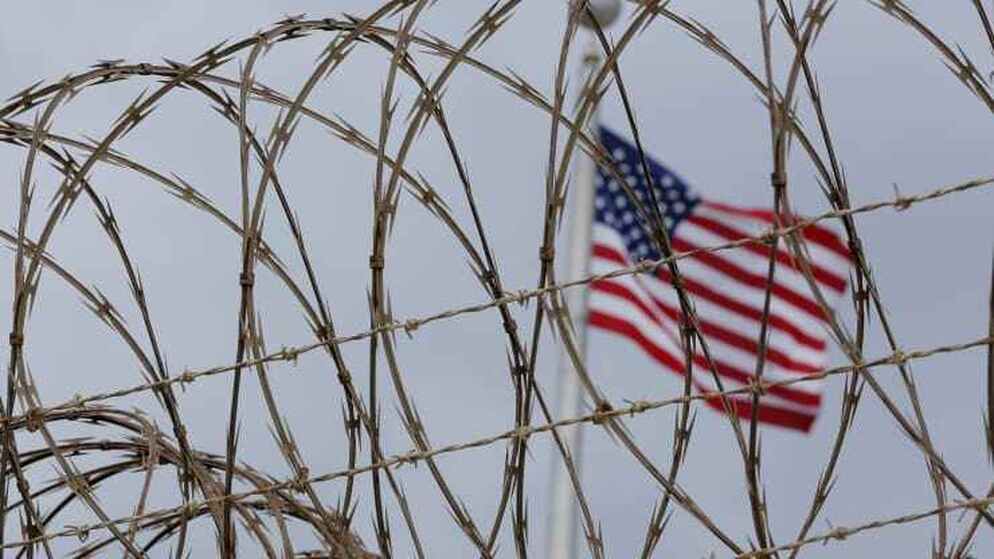|
Several FBI agents in FBI v. Fazaga filed a brief that extensively quoted a filing the Project for Privacy and Surveillance Accountability made early last month. Nice to be noticed. But tellingly, the FBI agents avoided the core issue in this case: what is the judiciary to do when the act of allowing abused parties to vindicate their rights could potentially conflict with the rights of the abusers to a jury trial?
In this case, the FBI targeted a mosque and Muslims in Southern California for surveillance, seemingly based on nothing but a hunch that they were too devout. The FBI paid an informant to pretend to convert to Islam. He infiltrated a mosque without probable cause that the FBI is willing to publicly discuss. Central to the case against the agents involved is the collision of the state-secrets privilege – a legal doctrine that requires classified information relevant to a case to be largely suppressed – and the Seventh Amendment right to a jury trial. As has happened in prior cases, the FBI invoked the privilege, and then the FBI agents invoked their right to a jury trial. This cute trick – if successful – could end any inquiry into whether the FBI had probable cause to surveil these Muslim Americans. If it is true, as the FBI agents argue, that there is no way to reconcile these two procedures, Fazaga and other plaintiffs will be unable to exercise their right to vindicate their other rights in court. The agents cite PPSA’s brief to suggest that it is trying “to pick a fight with the Bill of Rights.” They got it backwards. It is the agents who ignored the First and Fourth amendments. By agreeing to hear Fazaga, the U.S. Supreme Court has signaled a willingness to review the state-secrets doctrine. The Court will examine if the FBI should be allowed to hide evidence central to a case – along with whatever mistakes the Bureau has made – behind a classified stamp. Above all, the Justices have a chance to make the state-secrets privilege conform to the Constitution, rather than requiring the Constitution to conform to this legal contrivance. Comments are closed.
|
Categories
All
|


 RSS Feed
RSS Feed